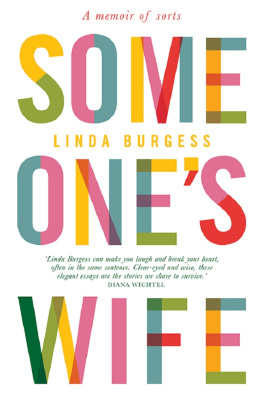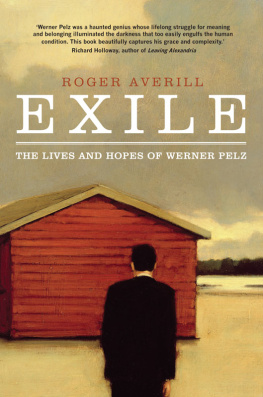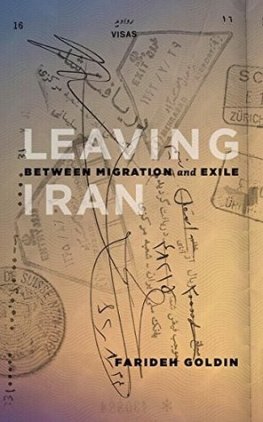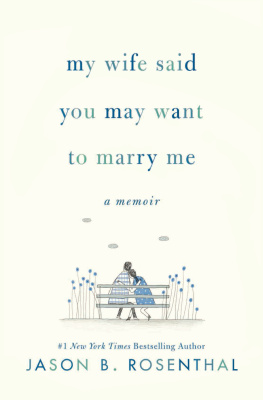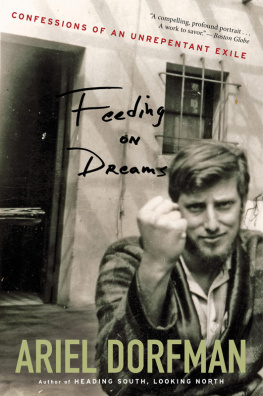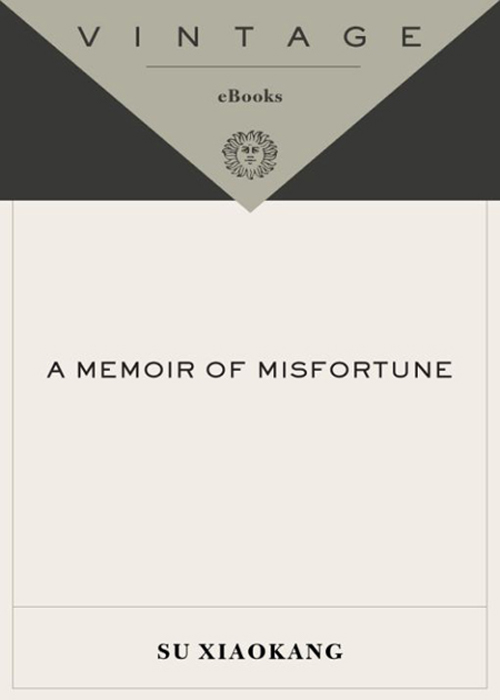
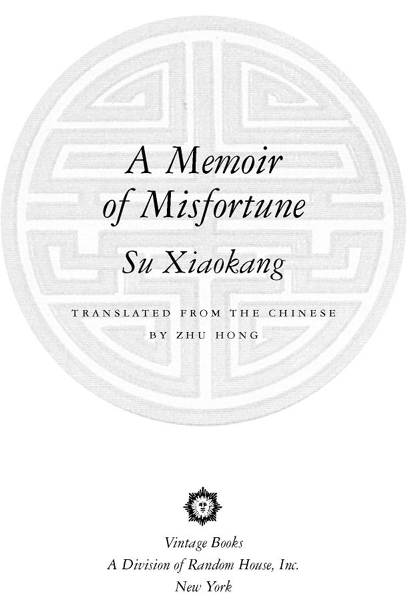
Table of Contents
This book is dedicated to Fu Lis parents,
Mr. Fu Boling and Ms. Wang Jingjuan
ABOUT THE TRANSLATOR
Zhu Hong, formerly of the Chinese Academy of Social Sciences, is currently Visiting Professor at Boston University.
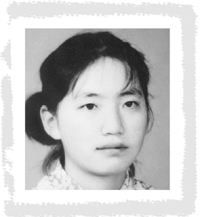
FU LI DURING THE CULTURAL REVOLUTION, AROUND THIRTEEN OR FOURTEEN YEARS OLD
FOREWORD
The New England summer was heavy with fruit, the fragrance of their juices clinging to the air. Everything was ripe to bursting. The rich North American foliage lulled me into indolence. It was a pleasurable indolenceperhaps impotence in trendy terms, actually an overdose of indulgencevastly different from the feeling of desolation that the arid plains of China, stretching out from the other end of the earth, inspire in me.
The contrast was especially striking during the summer months, with mowers humming in the dazzling sun as immigrant workers cut the lawns. At first the noise pounded mercilessly into my ears, but later I could nap through it undisturbed. The raw pungency of juices wrung from the piles of mangled grass, however, would still make me dizzy; I was more used to the odorless austerity of crackling wheat stalks on North Chinas yellow plains. Nor could I stand that nondescript blend of exhaust and perfume cloying the air in European cities. When I arrived in Princeton, New Jersey, from Europe in 1990, I had felt so intoxicated by the fragrance of cut grass and the chirpings of the summer nights that I could hardly sleep. It was just a few days to my forty-first birthday. I sat up late that first night and asked myself, Have I reached the stage of beyond confusion?
I hope you can see this letter on the day of your fortyfirst birthday. Our son and I are celebrating here [in Beijing]; you must feel it right where you are. I hope we will celebrate your next birthday together. Our son says that our wish will surely come true.
Fu Lis letter was written in pencil, the writing light, the words burning. Later, a photograph was smuggled out: sparkling candles cast a glow over a loaded dinner table while disjointed shadows reflecting on the glass tabletop conjured up a vision of maimed felicity. She had planted a smile on her face for the camera as she finished lighting the candles, the burnt match still held between her fingers. Our son meanwhile stood behind her, his mouth pursed, his downcast eyes fixed on the table. The picture stayed at my bedside thereafter, sole comfort for the hollowness within me.
Three years later, in 1993, reunited with my wife and son, I decided to take a summer trip, with no end in view other than to travel aimlessly across North America. This was for me a step forward. Up to now, the ends I had relentlessly pursued had been grandiose indeedthe study of the decline of civilizations and the rise and fall of nation-states, for one; and on a lesser scale, enlightenment and rousing the masses or creating shock effects for fame and achievement. These goals had pushed me on and on, right up to getting myself driven out of my country. Only then did it dawn on me that all those strivings were nothing more than chasing after will-o-the-wisps. Hence the feeling of hollowness.
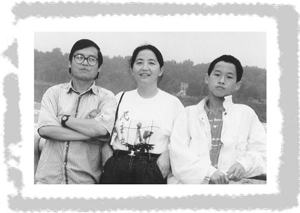
SU XIAOKANG, FU LI, AND SU DAN AT NIAGARA FALLS ON THE DAY OF THE ACCIDENT
Chapter One
A BLACK HOLE
Fu Li and I, with our son Su Dan squeezed between us, were in the backseat of a 93 Dodge rental. I was dozing, thanks to a bunch of Chinese students in Buffalo who had kept me up the night before. It was my own damn fault, of course, with my elegy of the yellow civilization and all the rest of it. I had been badgered with questions on the subject all the way from one end of the world to the other, and in Buffalo, the night before, the discussion had lasted into the small hours. Mind you, to bemoan the fate of the yellow civilization under the night skies of North America that in itself was a form of self-indulgence, an exercise in wordsat least until Fu Li walked into the room.
Su Xiaokang, you are driving tomorrow. Time to break it up.
That was Fu Lis style: no mincing of words, no room for saving face. Her goal in life had always been clear-cutto be a doctor. But in China even the unenviable job of seeing a hundred patients every day had been taken away from her as one of the side effects of my being on the wanted list. In the United States, she had struggled through the exams needed to qualify as a registered nurse. The exams were now over, and I was dragging her off to see the country.
Fu Li was dressed in a loose-fitting cotton top and shorts, but she was not relaxed. Even half asleep, I could feel the tension in her as she sat on the other side of Su Dan. She had always lived life as if it were filled with pitfalls, while I was perfectly relaxed. For a period of several years I had actually let fame and fortune go to my head, which Fu Li had found intolerable. Fu Li is the sort of person that folks in her home province of Henan refer to as women with heads held high and men with downcast eyesthat is, people who do not conform to their prescribed roles. Fu Li always held herself upright, the expression on her face calm and collected. My own infantile attempts at sophistication, added to my general inability to say nowhat is called the amiable ear had always roused in her a kind of loving resentment, and she would call me a good-for-nothing.
I had taken my wife and son on this kind of aimless roving several times before. Once, with a group of five or six people, we drove down to Virginia to see where the early English colonists first landed. When we stopped at a restaurant on our way, I picked up my courage and tried to order in English. One young woman giggled, and Fu Li exploded. Whats so funny? His English is not as good as yours? So what? Isnt it just a matter of your being a few years younger? She got up and walked out, leaving the girl, Chai Ling, with a flea in her ear.
On another occasion, we went up north to Montreal and then to Toronto and saw Niagara Falls from the Canadian side. Now we had been to see Niagara Falls again, but from the American side, as if there were some strange affinity between its raging turbulence and something in ourselves.
Within the Falls area, Route 90 on the U.S.-Canadian border, though not wide, is neatly divided down the middle by grass dividers. It has an air of tranquillity typical of the East Coast, nothing like the superhighways of the West Coast, where, rather than driving, one seems helplessly propelled forward by a frenzy of speed. Anyway, there we were. It was three or four oclock in the afternoon and there was very little traffic on the road. The sky was a wash of blue and I dozed off and on, oblivious to Fu Lis tenseness.
I knew Fu Li had doubts about the driver. This was one of the differences between us. Ever since landing in this nation of cars, I had never hesitated to entrust this hundred-plus pounds of whatever Im made of to whom-ever it might be at the wheel, driving at whatever chosen speed. I was like one of the eight hundred million Chinese who put themselves into the hands of Mao Zedong to be experimented with during the Great Leap Forward and the Cultural Revolution, without bothering their heads about possible disastrous consequences.
Next page

